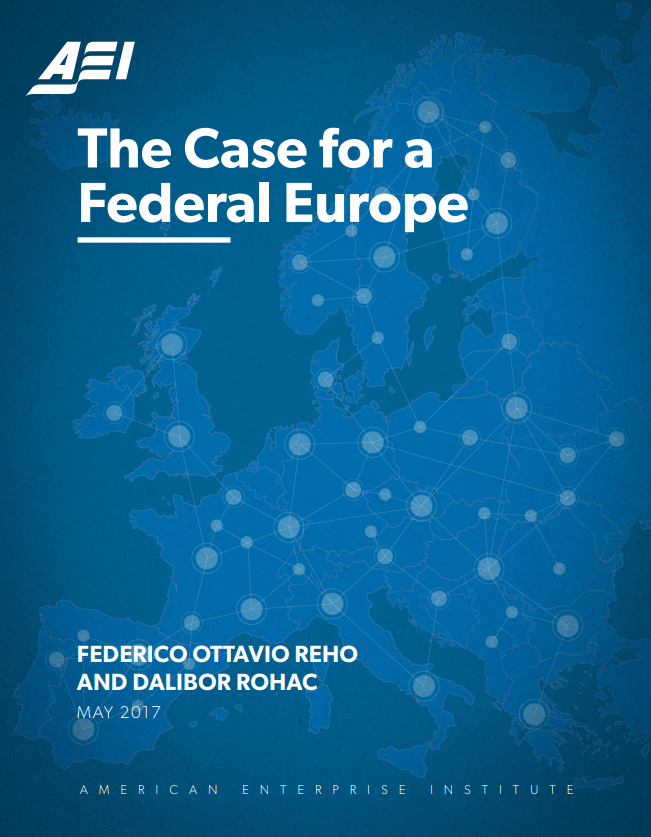The Case for a Federal Europe
01 May 2017
While conservatives frequently offer trenchant criticisms of the European Union (EU), they are short on constructive suggestions about how the European project should be reformed. The tradition of international federalism, which exists in free-market thought, can be a source of such a reform agenda.
Understood properly, a federalization of the EU does not mean an unqualified transfer of powers to European institutions. Instead, federalism provides a framework through assigning authority to different levels of government.
In practice, that would mean strengthening the EU in a limited number of areas to provide essential Europe-wide services—foreign policy and defense, economic governance within the eurozone and the single market, and border protection and asylum policy—while repatriating a long list of powers back to member states.
A federalist approach thus offers substantial promise in addressing the EU’s central policy challenges and relieving the tensions brought about by the block’s protracted crises. Conservatives and classical liberals should embrace international federalism as a way to constrain the power and size of government. That could provide a new focal point for a reinvigoration of centre-right political platforms across Europe.
This publication was originally published on the American Enterprise Institute wesbsite.
ENJOYING THIS CONTENT
